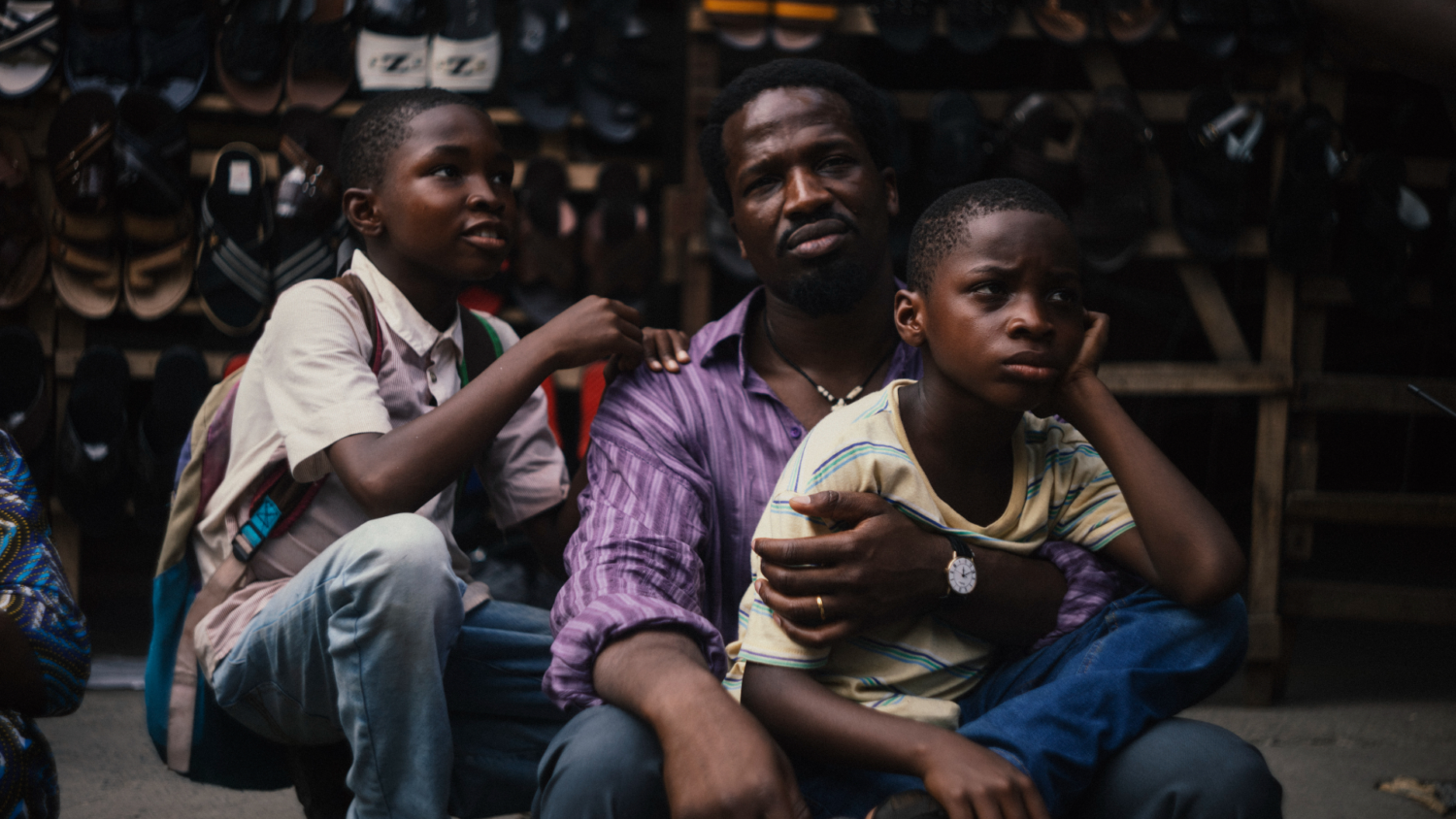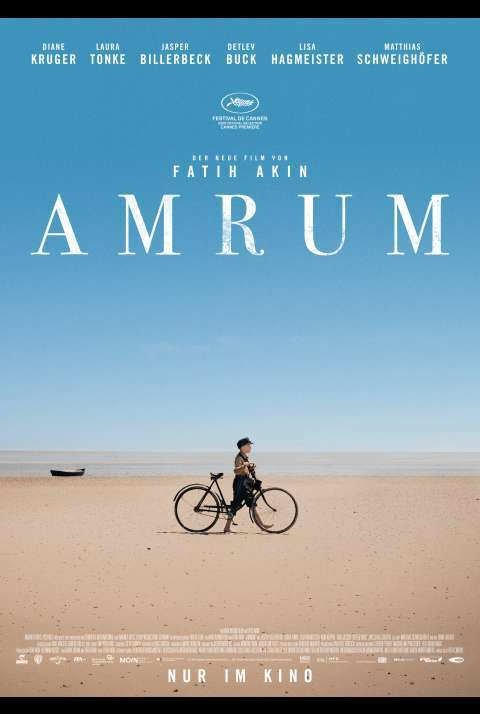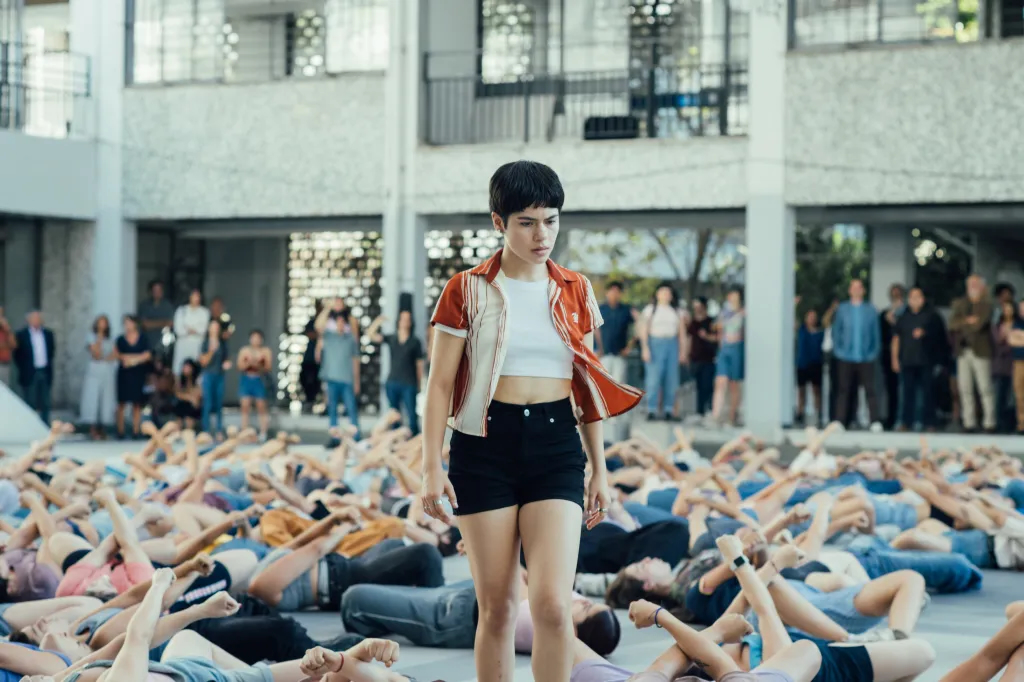A Look Ahead at Some of the Best Independent Cinema, Summer and Fall 2025
By Rida BilgramiBeyond the titles featured in our 2025 preview of global independent and arthouse cinema for the first half of the year, there is a gamut of imaginative, accomplished works to look out for during the rest of 2025. A vast cross-section of these feature films — from promising debut directors to veterans of the industry — will be showcased at the upcoming Cannes Film Festival, while others have already screened to critical acclaim at Sundance and Berlinale earlier this year.
Sabar Bonda (Rohan Parusharam Kanawade)
In Marathi
The first Marathi-language film to have been screened at the Sundance Film Festival this year went on to win the Grand Jury Prize in the World Cinema Dramatic Competition. Sabar Bonda (Cactus Pears) is director Rohan Parusharam Kanawade’s quasi-autobiographical debut feature. A tender portrait of bereavement and queer yearning, the film chronicles the life of Anand (Bhushaan Manoj), a call centre worker in Bombay who returns to his ancestral village in Maharashtra to perform his father’s last rites. In his time there, he rekindles a connection with Balya (Suraaj Suman), a lover from his youth who has stayed in the village all these years. Kanwade’s assured storytelling centres gay men in rural India who despite facing community pressures, refuse to be moulded into agreeable heteronormative figures. Using a 4:3 frame with rounded edges as a homage to the celluloid projection in cinemas of his childhood, Kanawade and cinematographer Vikas Urs sensitively frame the sensuality and bare intimacy that emanates from honest conversations, and in stolen moments of time spent showing affection beneath shaded trees.
Kontinental 25’ (Radu Jude)
In Romanian
One of the major filmmakers to emerge from the Romanian New Wave movement of the early 2000s, Radu Jude is renowned for his caustic black comedies that critique the Kafka-esque world of post-socialist Romania. His latest work Kontinental ’25 set in Cluj, Transylvania observes the crisis of conscience for Orsolya (Eszter Tompa), a bailiff, who evicts Ion (Gabriel Spahiu), a homeless ex-athlete who has been squatting in her basement. Her encounter with the man and his subsequent death by suicide sets into motion a series of transformations in her life. In Orsolya’s moral predicament and her support for the people of Gaza and Ukraine, the viewer is confronted by the complexity of selective solidarity and a growing recognition of our collective despair and failings. The title Kontinental ’25 is a nod to Roberto Rossellini’s post-war Europa ’51 from which the film also draws broader inspiration such as being made on a meagre budget and narrating a simple story to convey the state of a society.
My Father’s Shadow (Akinola Davies Jr)

In English
British Nigerian actor Sọpẹ́ Dìrísù known for his performances in TV shows Slow Horses and Gangs of London, leads the semi-autobiographical My Father’s Shadow – the story of Remi and Akin, two young brothers who spend a day with their estranged father Folarin. The film follows their first journey through the sprawling city of Lagos and the ways in which their father strives to be able to provide for them. Through intimate storytelling of fractured familial relations set against the backdrop of the political tensions mounting and spilling into the streets during the 1993 Nigerian elections, Akinola Davis Jr’s debut My Father’s Shadow is poised to be the first film from Nigeria to premiere in the Un Certain Regard category at the Cannes film festival, a competitive section dedicated to emerging filmmakers.
Amrum (Fatih Akin)

In German
Fatih Akın, one of Germany’s foremost directors, is acclaimed for a filmography that is attentive to the perspectives of the insider-outsider experience of belonging to different worlds, culturally and linguistically. He returns to Cannes with a historical drama that is somewhat of a departure from his oeuvre with a story unfolding on the island of Amrum, in the North Sea, in the final days of World War II. A 12-year-old boy Nanning (Jasper Billerbeck) braves the treacherous sea to hunt seals, goes fishing at night, and works the nearby farm to help his mother (Laura Tonke) feed the family. Despite the hardship, life on the windswept island is idyllic. But when peace finally arrives, it also brings new conflicts and tensions and the spectre of dark family secrets.
La Ola (Sebastian Lelo)

In Spanish
Oscar-winning Chilean director Sebastian Lelio’s upcoming political musical La Ola is a fictional depiction of the mass protests that swept Chile in 2018, galvanising the feminist movement in the country that led to constitutional reform on the rights of women. Featuring original compositions collaboratively created by 17 Chilean musicians, the film follows Julia (debutant Daniela López), a music student who gets involved in feminist political organising on her university campus and unexpectedly becomes a central figure in the movement. While joining her friends in dancing and singing as part of the protests against gender-based violence, Julia revisits her own experiences of abuse. Lelio’s earlier works – Oscar-winning film A Fantastic Woman and Disobedience are amongst the most empathetic cinematic portrayals of women characters from the fringes of society who are trying to carve a life outside of the prejudices and norms that confine them. It will be exciting to see how Lelio explores the dynamism of a feminist movement and collective action through the medium of dance and music.
Baksho Bondi (Saumyananda Sahiz, Tanushree Das)
In Bengali and Hindi
When Baksho Bondi premiered at Berlinale, I was beguiled by the photo of a woman in a sari on a bicycle in the promotional poster. I immediately wanted to know more about her. This debut directorial feature of Saumyananda Sahi and Tanushree Das is a neo-realist tale set in Calcutta of a working class family of three. Baksho Bondi follows Maya (Tillotama Shome), who juggles multiple jobs to support her family –her husband Sundar (Chandan Bisht), an ex-soldier struggling with PTSD, and their teenage son Debu, who is navigating a complex relationship with his father. The film traces Maya’s world being upended when Sundar goes missing and becomes implicated in a murder investigation. Her frenetic search culminates in an intense shadow-boxing sequence, underscored by an Assamese rap track. Tillotama Shome — known to global audiences from Mira Nair’s Monsoon Wedding and Rohena Gera’s Netflix film Sir — is an accomplished actor who can effortlessly convey entire worlds in author-backed roles. Baksho Bondi promised to be no different.
Rida Bilgrami is a writer based in London. Her work spans poetry, essays and reported features with a focus on travel, books, visual culture and cities. Read more of Rida’s work on Something Curated here.
Header photograph from My Father’s Shadow by Lakin Ogunbanwo.